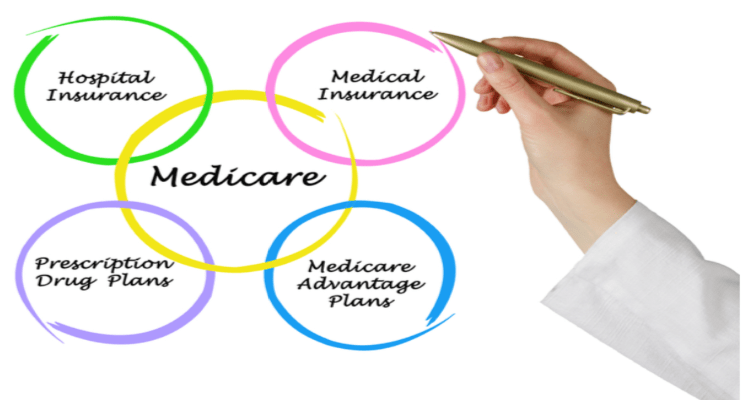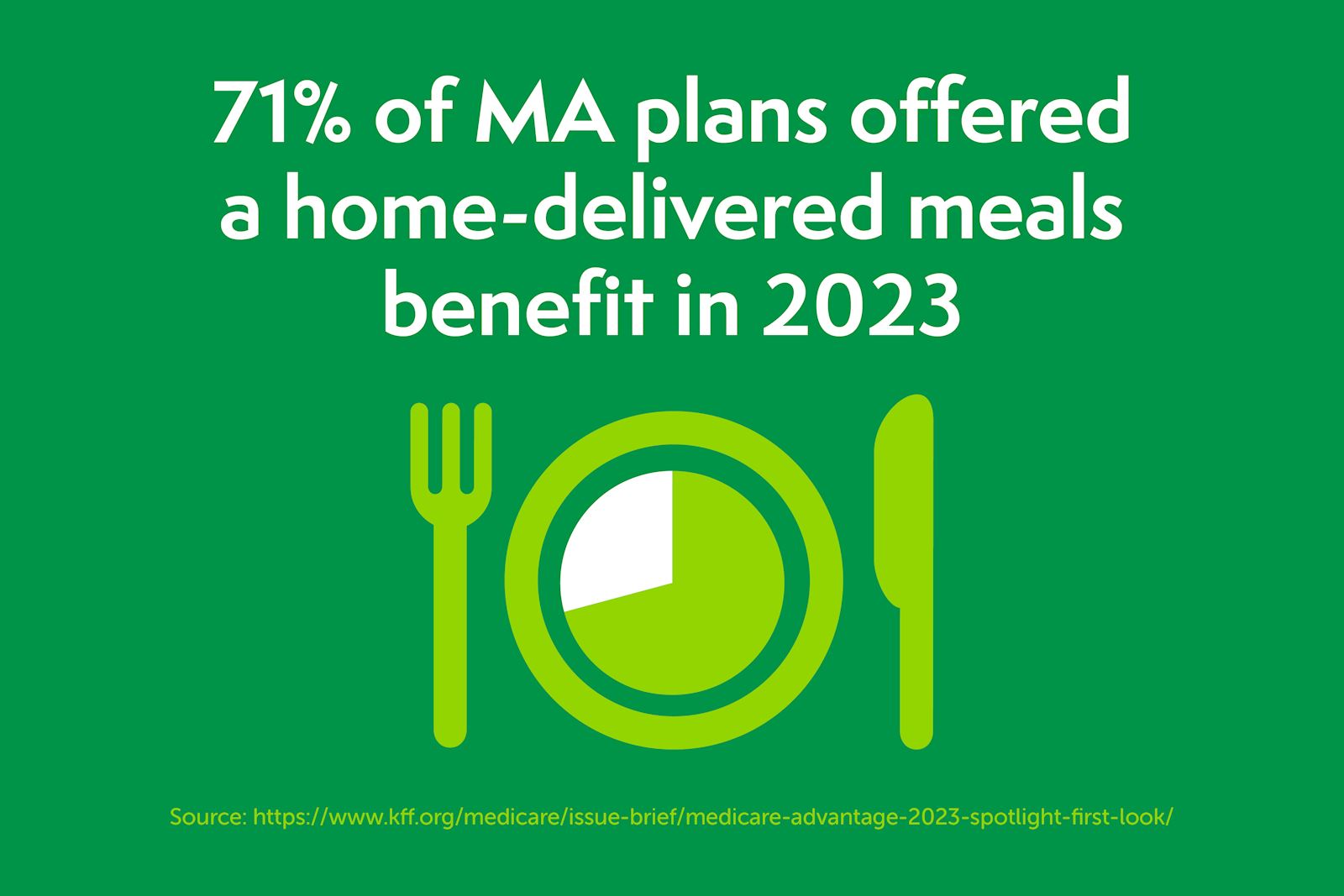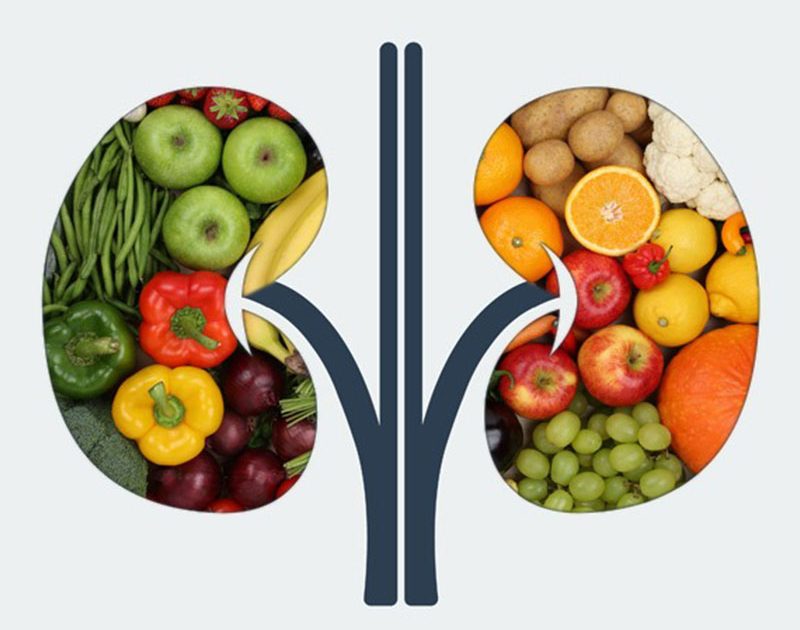If ever a year were to underscore the effects of social determinants of health (SDOH), 2020 is it.
Indisputably, the COVID-19 pandemic has impacted the quality of life for millions of Americans. A study by PricewaterhouseCoopers’ Health Research Institute (HRI) found that one of the largest differences for American consumers before and during the pandemic was related to food access.[1] Since the start of COVID-19, an estimated additional 17 million people faced food insecurity in 2020, raising the total to a staggering 54 million Americans.[2]
It’s a well-known fact that food insecurity and poor nutrition are associated with several chronic illnesses that put people at higher risk for more severe complications of COVID-19. Today’s food access crisis actually threatens to deepen the already large and troubling disparities in health outcomes for our most vulnerable populations — including older adults, people of color, low-income individuals and those with chronic conditions.
Given this year’s spike in food insecurity and the ongoing pandemic, our team at Mom’s Meals® decided to replicate a survey we initially conducted in 2017 — where we asked Medicare and Medicaid recipients who have at least one chronic condition to comparatively rank health care activities and benefits. Our objective was to gauge enrollees’ attitudes today: How is COVID-19 affecting people’s perceptions of their health care options and benefits right now?
Of the 1,378 Medicare enrollees we surveyed, 77% indicated they enjoyed eating healthy meals significantly more than other health-related activities, such as taking medications, visiting the doctor, and other activities a person typically undertakes to self-manage a chronic condition.
And why shouldn’t they? People love food! And we all need to eat every day.
Our 2020 survey also showed the majority of Medicaid (53%) respondents felt home-delivered meals are more important or much more important during/since COVID-19 than they were prior to the pandemic (versus 36% of Medicare respondents). This result isn’t surprising considering Medicaid serves low-income, vulnerable populations of all ages whose health is often most negatively impacted by SDOH.
In my role at Mom’s Meals, I work closely with teams at many Medicare Advantage plans who are establishing or expanding home-delivered meals benefits for their members. From working with these partners, it was clear that access to healthy food was already a challenge for many Medicare beneficiaries before the pandemic. With COVID-related business closures and social distancing, as well as diminished community support programs (like volunteer food delivery and congregate meal centers), access to healthy food has become even more difficult for many older adults.
When Medicare respondents were presented with a variety of supplemental services and asked which they would prefer their health insurance plan pay for, 51% of them said they were interested or very interested in having home-delivered meals as a paid benefit.
When you consider that many Americans reside in food swamps (areas with a high density of stores selling high-calorie fast foods) or food deserts (areas where a substantial number of residents have limited access to a supermarket or large grocery store), it’s reasonable that respondents want home-delivered meals as a paid benefit by their health plan.
Compared with our 2017 survey, home-delivered meals made the biggest leap forward (16 percentage points) among Medicare recipients for this specific service. Since the Centers for Medicare and Medicaid Services (CMS) expanded flexibility to certain non-medical supplemental benefits in 2018, Medicare Advantage (MA) plans have increasingly added supplemental benefits to their plans as a way to improve outcomes, lower costs, and stand out in a competitive market. Today, enrollees have come to expect that services like home-delivered meals are included as a paid benefit. A recent analysis by Pareto Intelligence identified meals benefits, transportation, and over-the-counter (OTC) items as some of the fastest growing, most adopted supplemental benefits.[3]
Based on our survey results (of which only key findings are included here), we know Medicare and Medicaid enrollees alike value home-delivered meals as an integral component of their overall health. For some — now more than ever — their very lives depend on the supplemental services their health plans provide.
Download our 2020 survey report.
Soures:
[1] https://www.pwc.com/us/en/library/covid-19/covid-19-consumer-behavior.html
[2] 2https://www.feedingamerica.org/sites/default/files/2020-05/Brief_Local%20Impact_5.19.2020.pdf
[3] 5 https://paretointel.com/insight/2020-medicare-advantage-annual-enrollment-period-supplemental-benefits-analysis/



